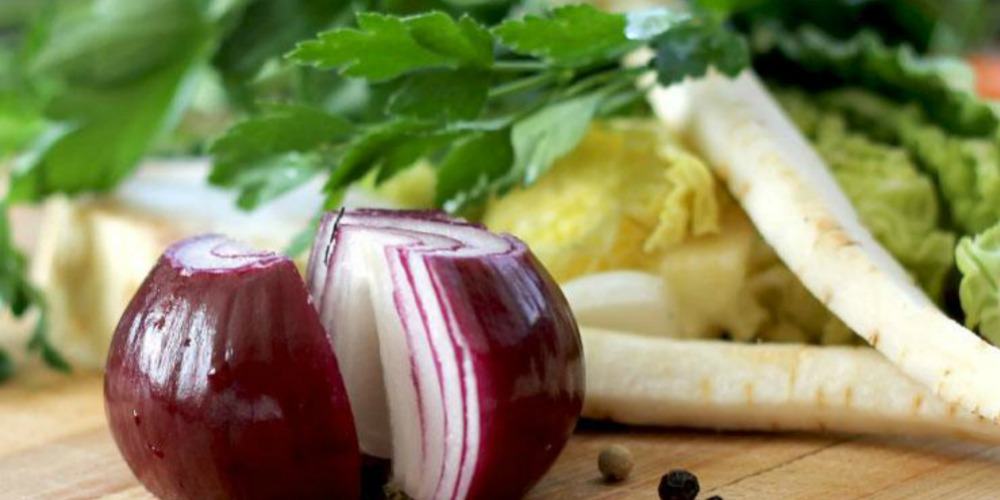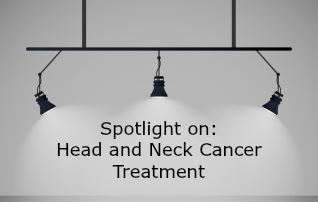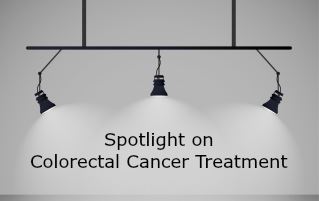How Diet can Help Reduce the Risk of Developing Cancer

Eating your way to a healthier life
How diet can help reduce the risk of developing cancer, and improve quality of life and outcomes for people living with the disease.
In March, researchers from Maastricht University Medical Centre in the Netherlands published a study showing a link between the Mediterranean diet and breast cancer risk.
The study, funded by the World Cancer Research Fund, looked at the eating habits of over 62,000 women aged 55 to 69, over a 20-year period. It found that those who ate a balanced combination of vegetables, fruit, whole grains, nuts, fish and olive oil had a 40 per cent reduced chance of developing oestrogen receptor-positive (ER+) breast cancer – the most common form of breast cancer.
Overall cancer protection
Previous research has shown that the Mediterranean diet has protective effects against several other types of cancers, including that of the stomach, liver, kidneys, bowels, bladder and ovary. It has also been associated with a reduced risk of cancer in general and of cancer-related death.
Additionally, following the Mediterranean diet can have other important health benefits, including a 30 per cent reduction in the likelihood of having a heart attack or stroke.
Dairies and cancer risk

Things are not that straightforward, however, when it comes to specific food groups. For example, new research conducted at the Roswell Park Cancer Institute, New York, looked at the relationship between dairy consumption and breast cancer risk.
After analysing 11 years of data on over 3,000 women the research authors concluded that those with a higher total consumption of dairies had a 15 per cent lower risk of developing the disease.
Interestingly, though, when the researchers looked at specific types of dairies, such as cheddar and cream cheese, they found that the opposite was true.
Women with high intake of these products had a 53 per cent increased chance of having breast cancer. In contrast, a high consumption of yogurt significantly reduced the disease’s risk.
Alcohol: a well-known cause of cancer
More consistent evidence exists for the link between alcohol and cancer. It is estimated that, in the UK, about 4 per cent of cancers are caused each year by alcohol consumption – that is over 12,800 people diagnosed with the disease.
There is no such thing as a ‘safe’ amount. Every single gram of alcohol per day increases the risk of cancer of the mouth, larynx (voice box), oesophagus (food pipe), bowels, breast and liver. The higher the alcohol intake, the greater the chances of developing cancer.
The clear implication is that alcohol should be avoided. Research shows that stopping drinking altogether can lower the risk of certain alcohol-related cancers by 2 per cent.
Effects of alcohol in cancer survivors
Importantly, avoiding alcohol is beneficial also when cancer is already present, according to a review of the scientific evidence, published by University of California at San Diego researchers. Following are some of the reasons.
The review concluded that alcohol consumption increases the likelihood of cancer survivors experiencing side effects from radiation therapy and chemotherapy. Recurrence (when the cancer comes back after treatment) is also more likely when drinking alcohol, and so is the risk of developing new cancers. What’s more, in certain cancers, such as that of the head and neck, alcohol consumption appears to reduce survival rates.
Role of nutrition after a cancer diagnosis
What survivors eat is important, too. A first crucial aspect to consider, says Dr. Colleen Doyle, who led the review, is that many cancer treatments affect eating habits and the body’s ability to digest and absorb food. Proper nutrition, under medical supervision, can help minimise some of these effects, including loss of appetite, weight loss and bowel problems.
What’s more, as Doyle’s research indicates, for people living with cancer a healthy and balanced diet may have other important benefits. For instance, in several types of cancers, Mediterranean style eating has been associated with reduced mortality compared with a diet rich in processed or red meat, high-fat dairies, and refined grains.
With regard to specific types of cancer, studies suggest that prostate cancer survivors who follow a diet low in saturated fats may have a lower risk of tumour progression and improved survival. Plus, intake of oily fish (e.g., salmon, sardines, mackerel, tuna) has been associated in these patients with lower mortality rates.
There is also some evidence – for breast, ovarian and prostate cancer – that increasing the consumption of vegetables can have a positive impact on tumour recurrence and patient survival.
All-around benefits
“Overall, the above findings add to the growing body of evidence that what we eat and drink can influence our chances of a cancer-free life,” says Richard Kensett, managing director at Alivia Swiss Health UK. “Additionally, and importantly, they reveal that healthy food and lifestyle choices have the potential to substantially improve quality of life and outcomes for people who already had a diagnosis of cancer.”




